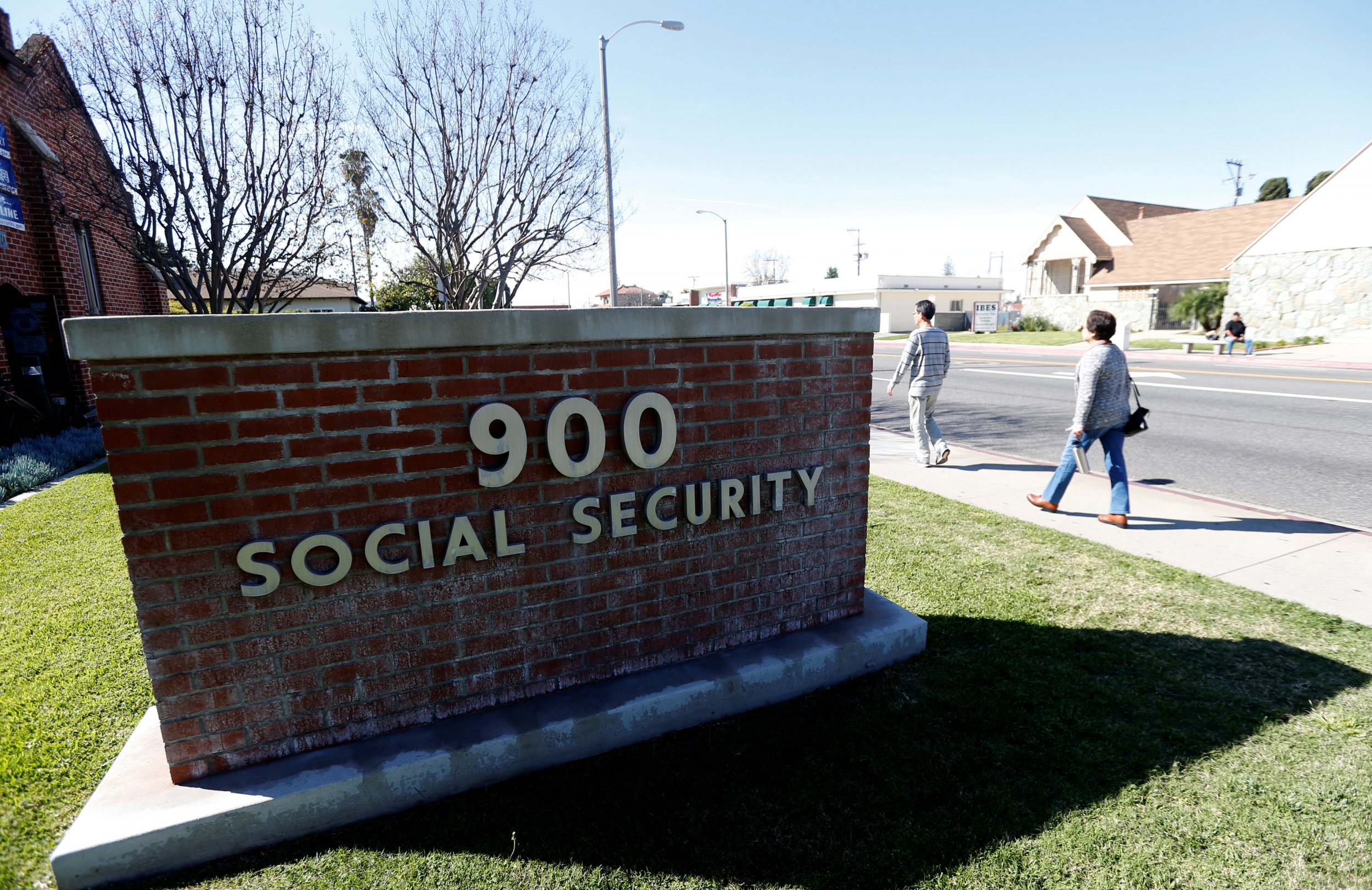
Good news for 61.5 million Americans receiving Social Security benefits: your monthly checks are about to get larger.
Yes, it's time for a Social Security update, with positives and negatives:
Positive: Beginning in 2018, Social Security beneficiaries will receive a 2% boost to their monthly payouts. The increase, which is a cost-of-living adjustment, adds about $27 more a month or $329 a year for the average retired worker. This is the largest increase since 2012, and is largely due to the rising gas prices caused by hurricanes Harvey and Irma.
Positive: The 10 million Americans who qualify for Social Security disability payments will also receive a maximum monthly payout increase of $10 each month, and legally blind recipients will receive a $20 boost each month.
Automatic cost-of-living Social Security increases were enacted by Congress in 1975, and while U.S. president's are often held responsible for increases or lack thereof, President Donald Trump has no control over the payout.
#Breaking 66 million Americans will get a 2.0% increase in monthly #SocialSecurity & #SSI benefits in 2018: https://t.co/pSfZbRHzTY #COLA pic.twitter.com/Vf9nZD2hP0
— Social Security (@SocialSecurity) October 13, 2017
Positive: In January, retirees who qualify for the maximum monthly benefit will also receive a big jump in their Social Security checks. Those who earned enough over the course of their working life and started collecting Social Security at full retirement age will get a monthly increase of $101, or $1,212 per year. About one in 10 Americans earns enough to max out his or her Social Security benefits.
But wealthy Americans shouldn't break out the bubbly just yet. Sure their payout will be larger, but their pay-in will also increase.
Negative: Workers currently pay a Social Security tax of 12.4% on all earned income up to $127,200. Next year the taxable income cap will increase to $128,700. According to the Social Security Administration, about 12 million Americans will get a tax increase as a result of this change.
Now for the really bad news: the full retirement age will rise in 2018.
Americans become eligible for Social Security benefits at age 62, and benefits grow by 8% each year until age 70. Full retirement age for those born in 1955 is currently 66 and two months, which is when recipients receive the 100 percent payout. Claiming benefits before full retirement age permanently reduces payout, while those who claim their benefits after retirement age can actually earn more than 100 percent.
In 2018, retirement age will increase by two months, meaning those born in 1956 won't be able to receive full payout until they're 66 years and four months old. You can easily calculate your full retirement age here.
Social Security is the major source of income for most retired Americans. Nine out of 10 individuals age 65 or older receive Social Security benefits and it represents 33 percent of the income of the elderly.
Uncommon Knowledge
Newsweek is committed to challenging conventional wisdom and finding connections in the search for common ground.
Newsweek is committed to challenging conventional wisdom and finding connections in the search for common ground.
About the writer
Nicole Goodkind is a political reporter with a focus on Congress. She previously worked as a reporter for Yahoo Finance, ... Read more
To read how Newsweek uses AI as a newsroom tool, Click here.








